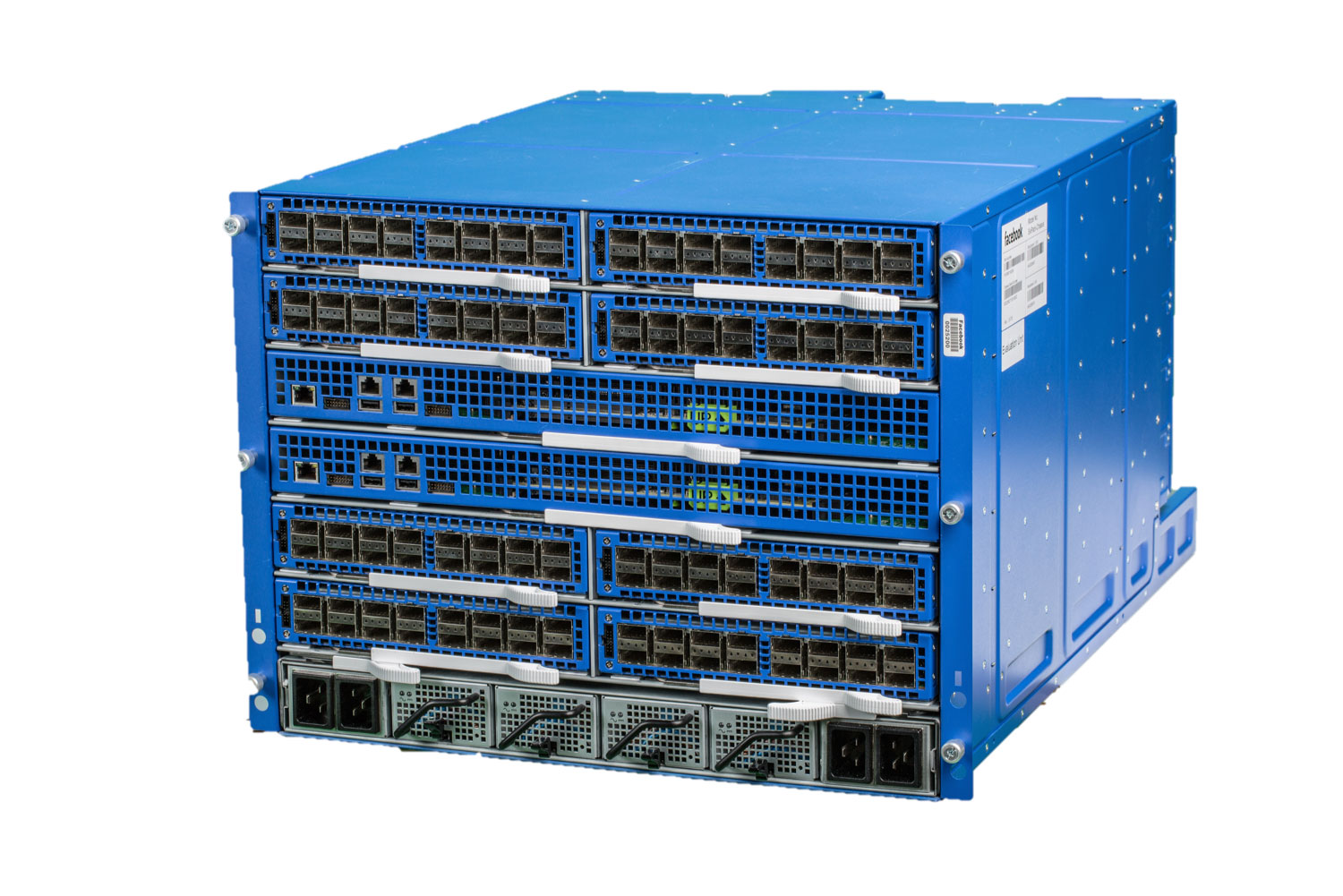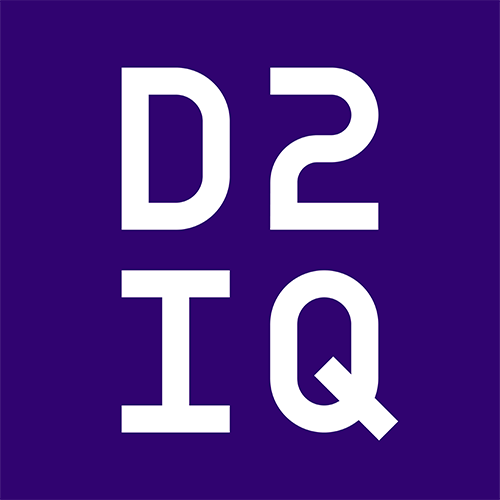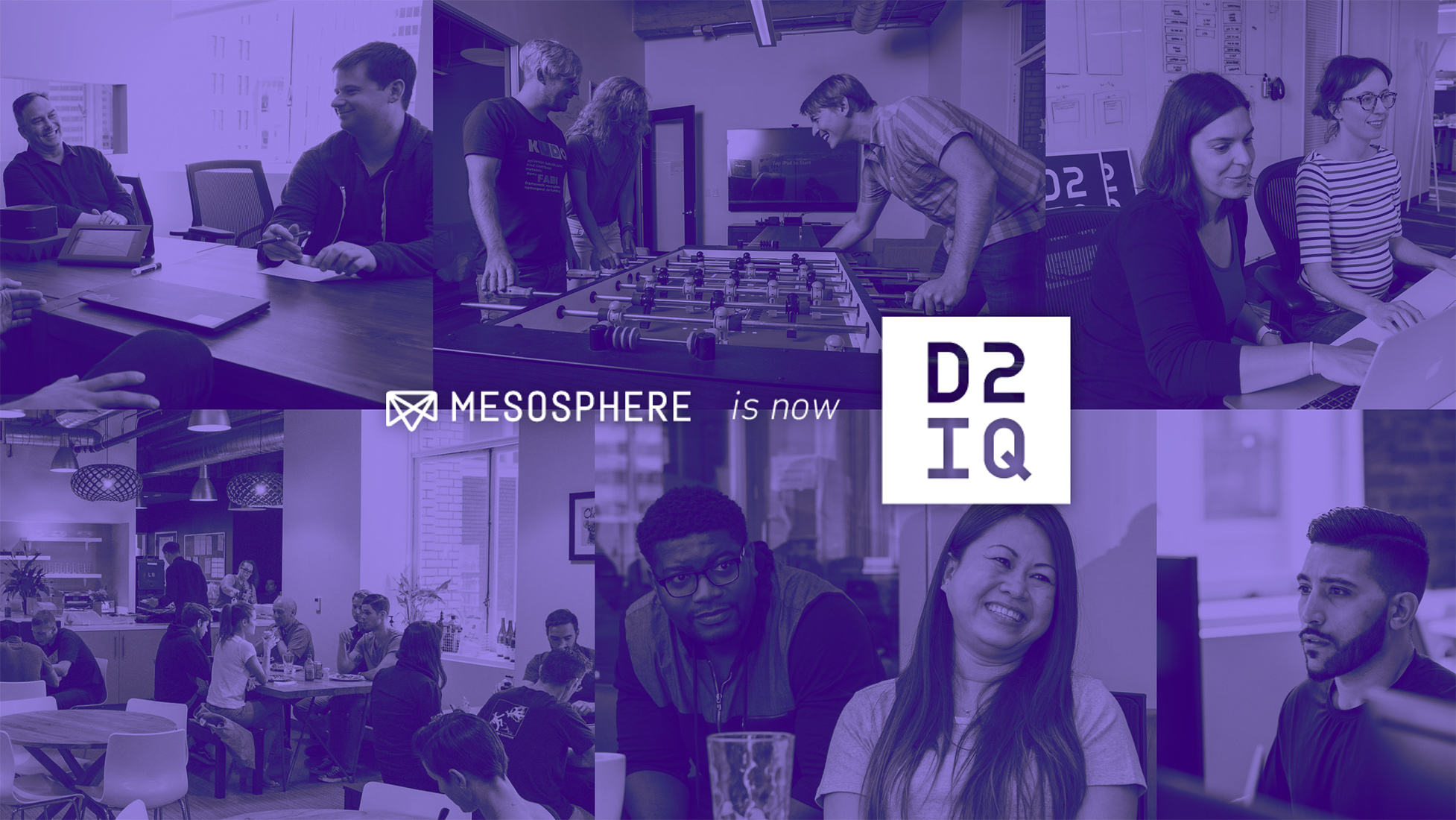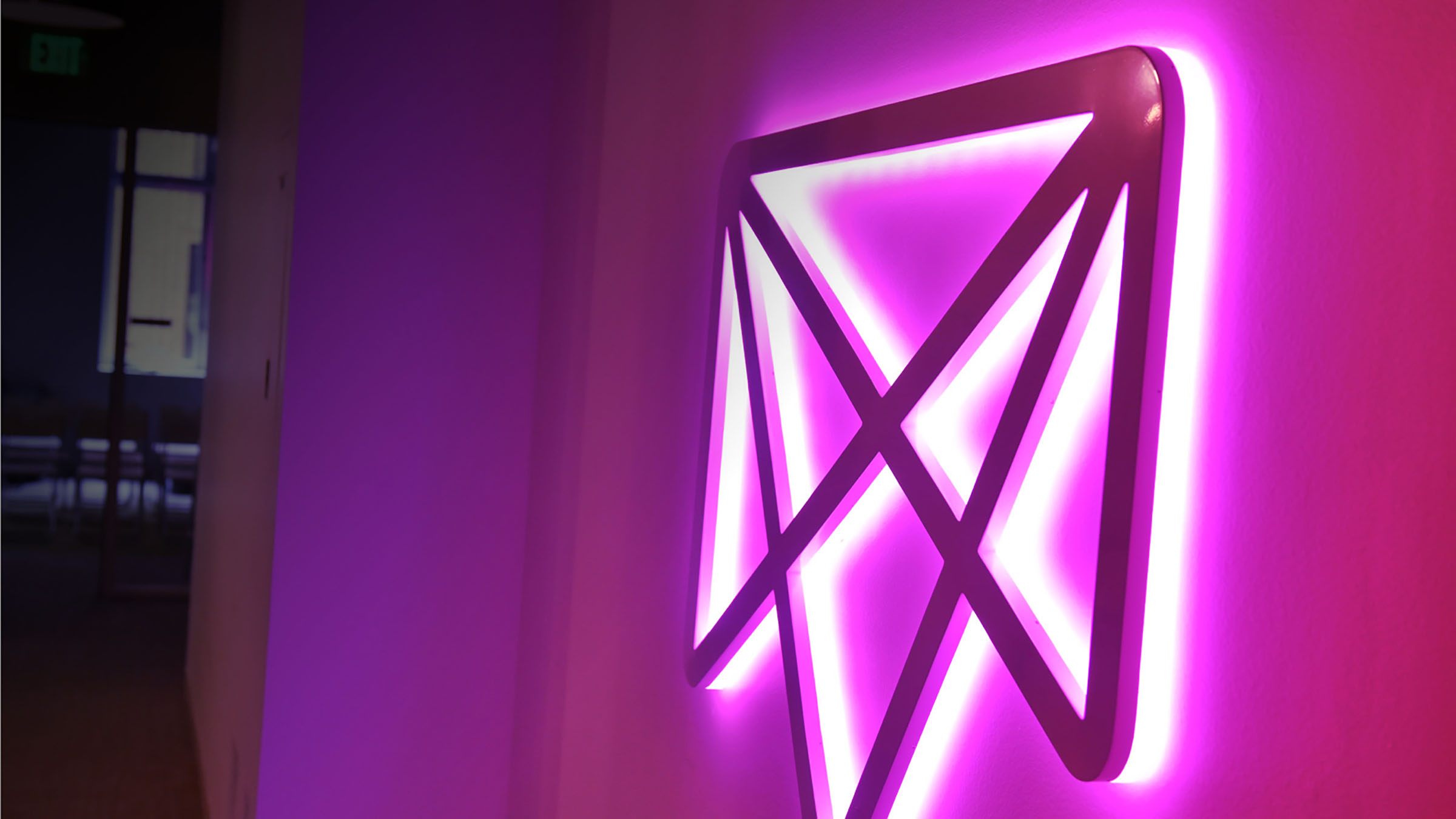For more than five years, DC/OS has enabled some of the largest, most sophisticated enterprises in the world to achieve unparalleled levels of efficiency, reliability, and scalability from their IT infrastructure. But now it is time to pass the torch to a new generation of technology: the D2iQ Kubernetes Platform (DKP). Why? Kubernetes has now achieved a level of capability that only DC/OS could formerly provide and is now evolving and improving far faster (as is true of its supporting ecosystem). That’s why we have chosen to sunset DC/OS, with an end-of-life date of October 31, 2021. With DKP, our customers get the same benefits provided by DC/OS and more, as well as access to the most impressive pace of innovation the technology world has ever seen. This was not an easy decision to make, but we are dedicated to enabling our customers to accelerate their digital transformations, so they can increase the velocity and responsiveness of their organizations to an ever-more challenging future. And the best way to do that right now is with DKP.

4 min read
In 2011, Facebook helped change the way the Internet runs by open sourcing the hardware that runs Facebook. Its progeny, the Open Compute Project (OCP), helped spur a major change in the enterprise hardware market. The OCP's open source hardware designs for servers, networking and even datacenters exposed CIOs to new levels of datacenter efficiency and modularity. Seemingly overnight, companies didn't need to be Facebook in order to act like Facebook when it comes to building highly customized, highly efficient datacenters.
The key to Facebook's operational efficiency is not just its hardware. It's also the software infrastructure that manages all its servers and the applications that run on them. The company has spent untold thousands of person-hours building out systems that automate the deployment of services and code inside Linux containers in the name of efficiency. Using containers instead of virtual machines helps Facebook quickly launch, recover and scale services with little resource or performance overhead. Automated scheduling means developers spend more time building applications and less time thinking about how and where they'll run.
Today, we're happy to join Equinix and Facebook in a partnership that will help enterprises complete their journeys to Facebook-style operations by utilizing our Datacenter Operating System (DCOS). DCOS helps users achieve the same types of automation and efficiency in the way they deploy and run their own applications. DCOS, and the open source technologies that comprise it (including, for example, Apache Mesos and Mesosphere's Marathon), have already become a part of infrastructure operations at companies including Verizon, Apple, Samsung, Twitter and many others.
The datacenter of the future
A combination of DCOS, OCP designs and Equinix datacenters provides an infrastructure trifecta that lets enterprises embrace modern applications—and modern application design—without spending a fortune to hire a fleet of Facebook engineers. Here's a breakdown of the technologies involved and the benefits they provide:
- DCOS: DCOS turns racks of servers into a single logical computer, allowing developers to launch applications, or software architects to launch entire distributed systems, by simply telling DCOS how many resources they require. DCOS can run scores of Docker containers, big data systems such as Apache Spark and much more, providing advanced capabilities for high availability, resource isolation and more. Because DCOS offers a standard user experience, customers can easily move applications across cloud, local and hosted resources.
- OCP hardware: OCP provides open source hardware designs for racks, servers, network switches and more. OCP gear is designed to be modular, meaning users can tweak designs to their own needs (around, say, CPUs, RAM and bandwidth) and even swap out "pluggable" server components with newer or different ones. Facebook's Wedge design brings this same level of modularity to top-of-rack switches.
- Equinix datacenters: A global leader in network and datacenter services, Equinix facilities are much more than just leased space to install your server racks. Equinix provides direct connections to leading cloud providers such as Microsoft and Amazon Web Services, as well as interconnection to leading network providers and cloud services, and close proximity to partners and customers. Its facilities are designed for maximum efficiency, uptime and performance.
Information technology has never been more important for large business, but it has also never been more complex. We built the DCOS to help eliminate a lot of that learning curve, so companies can focus on building applications that wow their customers rather than on building infrastructure that can handle their applications. It's an approach that works wonders for Facebook, Google and other tech-savvy companies. Why shouldn't it work for you, too?
Stay tuned for more details about this partnership!









